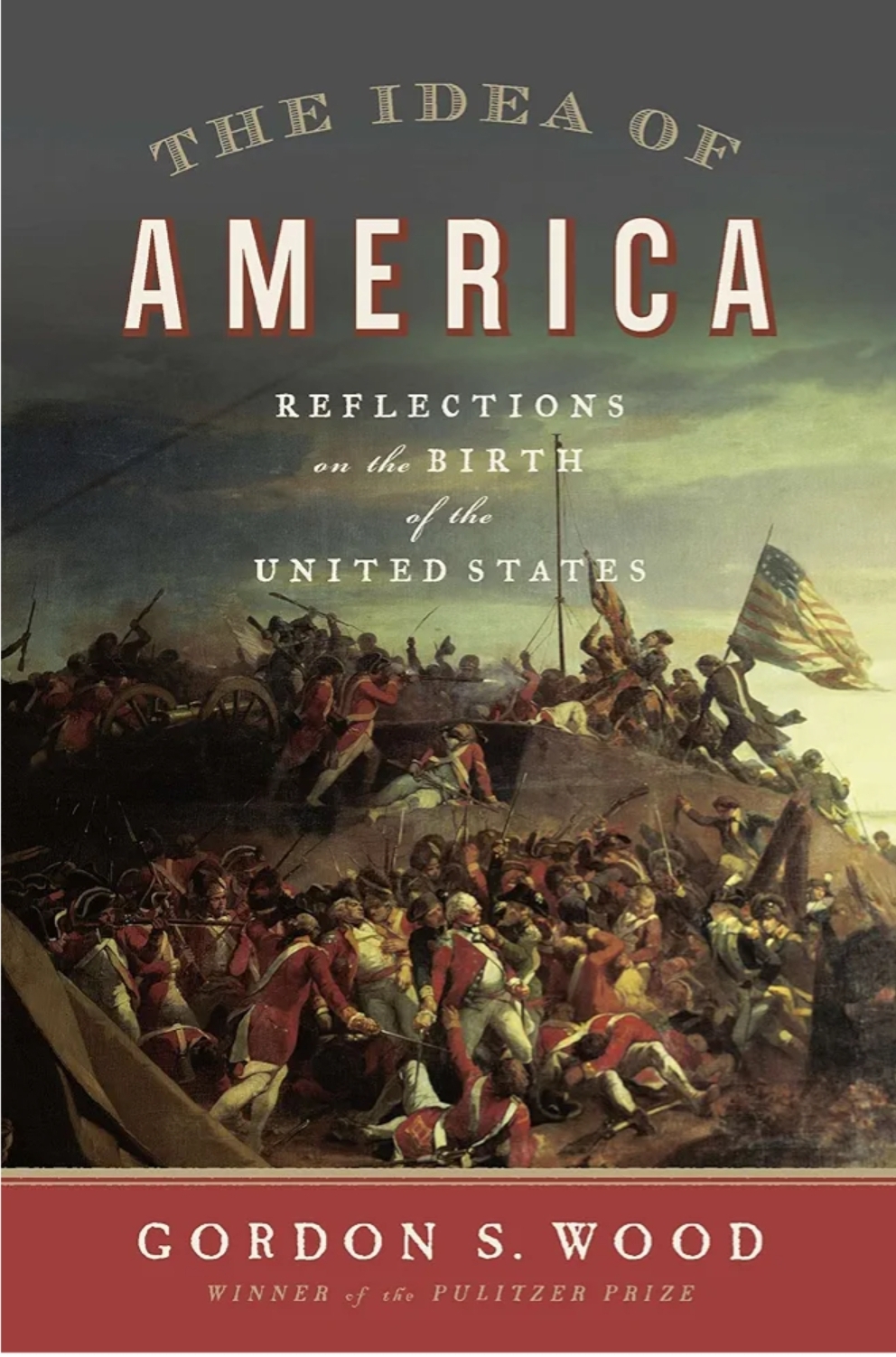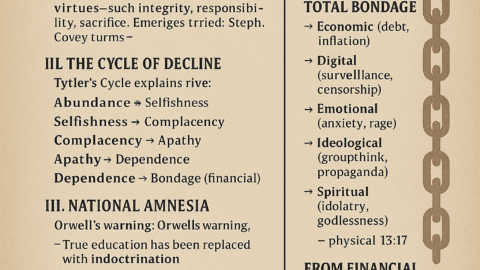Gordon S. Wood’s The Idea of America: Reflections on the Birth of the United States is a collection of essays that provides a deep exploration of the ideological and philosophical origins of the American Revolution and the founding of the United States. Wood, a Pulitzer Prize-winning historian, brings together decades of scholarship in this work, offering reflections on how Americans in the 18th century understood their revolutionary struggle and how these ideas continue to influence the nation’s identity today.
Key Themes and Concepts:
The American Revolution as an Intellectual Event: Wood emphasizes that the American Revolution was not just a political or military conflict, but an intellectual revolution. The ideas that fueled the Revolution were deeply rooted in Enlightenment thought, with a particular focus on liberty, equality, and republicanism. Wood argues that the Revolution was driven by ideas about what kind of society and government the new nation should have, which makes the American Revolution unique in its ideological foundations.
The Transformation of American Society: One of the central themes in Wood’s essays is the way in which the Revolution fundamentally transformed American society. The Revolution upended traditional social hierarchies and promoted the idea that all men were created equal. It laid the groundwork for a more democratic society, even though it did not initially resolve issues such as slavery or the role of women. Wood discusses how the ideals of the Revolution created a new social order based on merit and achievement rather than birth and status.
Republicanism and the Idea of Virtue: Wood places a great deal of emphasis on the importance of republicanism as the guiding philosophy of the American Revolution. Republicanism, with its emphasis on the public good, civic virtue, and opposition to corruption, was central to the founders’ vision of the new nation. Wood explains that the founders believed that the success of the American experiment in self-government depended on the virtue of its citizens, who needed to be self-reliant and actively engaged in public life.
The Role of History in Shaping American Identity: In this collection, Wood also reflects on how historical consciousness has shaped American identity. He argues that from the very beginning, Americans saw themselves as part of a larger historical process. They believed that they were creating a new kind of society that would be a model for the world. Wood explores how the Revolution gave Americans a sense of exceptionalism—the idea that the United States had a unique mission to spread democracy and freedom.
The Tension Between Ideals and Reality: Wood does not shy away from addressing the contradictions of the American Revolution. While the Revolution was based on ideals of liberty and equality, these ideals were not immediately realized for all Americans. Slavery persisted, and women and non-property owners were largely excluded from political participation. Wood discusses how these tensions between the ideals of the Revolution and the reality of American society have continued to shape American politics and culture.
The American Revolution in a Global Context: Wood also situates the American Revolution within a broader global context. He explains how the Revolution was influenced by European Enlightenment thinkers and how it, in turn, influenced revolutionary movements in France and Latin America. He examines the ways in which the American Revolution was both a product of its time and a harbinger of future democratic revolutions around the world.
Reflections on American Exceptionalism: Throughout the book, Wood reflects on the idea of American exceptionalism—the belief that the United States is fundamentally different from and superior to other nations due to its commitment to liberty, democracy, and republican values. Wood traces the origins of this belief to the American Revolution and discusses how it has shaped the nation’s identity and foreign policy throughout its history.
Conclusion:
The Idea of America provides a thoughtful and nuanced examination of the intellectual and ideological roots of the American Revolution. Gordon S. Wood’s essays offer a rich analysis of how revolutionary ideas shaped the birth of the United States and continue to influence American identity today. The book is a valuable resource for anyone interested in understanding the philosophical foundations of the American founding and the enduring significance of the Revolution in American political thought. Through his reflections, Wood challenges readers to consider how the ideas of liberty, equality, and republicanism have evolved over time and continue to shape the American experience.






